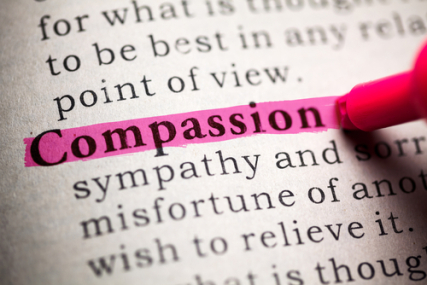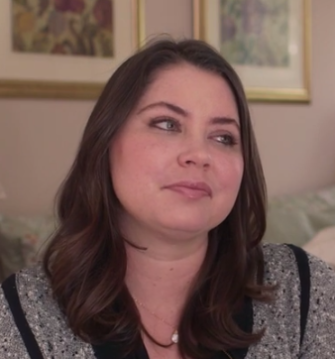Kara Tippetts — dying from metastatic breast cancer at age 36 — is no Brittany Maynard.
Maynard made international news last fall as the 29 year old who chose to die by taking a legal lethal prescription rather than lose her mind to an aggressive cancerous brain tumor.
Maynard starred in tear-inducing videos circulated by the right-to-die lobbying group, Compassion & Choices. There is no record of any mention of a religious or spiritual superstructure underlying her reasoning. Even as she touted her right to choose the day of her death, the newlywed spoke always of loving life.
 Tippetts, the Colorado wife and mother of four, has now ended all treatment and rests at home awaiting death. She has become the poster face of an opposite view, one that sees that physician assisted dying as a betrayal of love, God and faith, not an act of loving life.
Tippetts, the Colorado wife and mother of four, has now ended all treatment and rests at home awaiting death. She has become the poster face of an opposite view, one that sees that physician assisted dying as a betrayal of love, God and faith, not an act of loving life.
Just as Maynard became a media flash, Tippetts’ book came out addressing death, The Hardest Peace: Expecting Grace in the Midst of Life’s Hard. She was already known to many believers through her blog, Mundane Faithfulness.
The Maynard publicity blitz was the altar-call, so to speak, for wider access to physician assisted dying, currently legal in only five states. She wanted her legacy to be millions of living advocates lobbying the other 45 state legislatures. This horrified believers who stepped out in blogs and op-eds to offer an alternative vision – Kara Tippetts.
In calm and elegant posts, Tippetts’ evangelical Christian faith wraps her in spiritual comfort. Take a recent one, “By Degrees — Dying and living.”
“My little body has grown tired of battle and treatment is no longer helping. But what I see, what I know, what I have is Jesus. He has still given me breath, and with it I pray I would live well and fade well. By degrees doing both, living and dying, as I have moments left to live.”
Tippetts wrote an open letter to Maynard in October. It began with gratitude.
I think it is good for our culture to know what is happening in Oregon.
It’s a discussion that needs to be brought out of the quiet corners and brought brightly into the light. You sharing your story has done that. It matters, and it is unbelievably important. Thank you.

Brittany Maynard, who died Nov. 1, advocated for other terminally ill people to be able to choose their day of death as she did.
But, Tippetts wrote: “Dear heart, we simply disagree … hastening death was never what God intended.”
The letter is a quilt she offered to wrap Maynard warmly in evangelical love.
Jesus, she told Maynard, “overcame the death you and I are facing in our cancer. He longs to know you, to shepherd you in your dying, and to give you life and give you life abundant- eternal life.”
Tippetts offers the altar call of traditional Christian belief, one in which suffering has meaning, to the dying reader. Her last December blog post concluded with an invitation:
“Will you trust Jesus that He knows the moments, He holds the moments, and He will take me away to the land of no more tears at exactly the right moment- and He will also shepherd and love my people after that last breath.”
On her Facebook page Dec. 31, where she mentions she has now turned to hospice care, Tippetts writes that in God’s time… “Doors will appropriately open and close.”
When Maynard died, I wrote in Faith & Reason about what her choice to set her day of death says about the meaning of suffering. She saw no spiritual gift in it.
Tippetts does.
Maynard wanted to rally the troops to give everyone the same option. Tippetts sounds the rallying cry of those who say this is a sad and sinful road.
Ross Douthat, who opposes assisted suicide (he uses the hot-button vocabulary of those oppose the neutral word “dying” for an act they say is not neutral) wrote in the New York Times:
“The future of the assisted suicide debate may depend, in part, on whether Tippetts’s case for the worth of what can seem like pointless suffering can be made either without her theological perspective, or by a liberalism more open to metaphysical arguments than the left is today.”
What do you say?
(Note: If you comment, please make your point -– once — then step aside for others. No cyber-smacking around people who disagree.)




